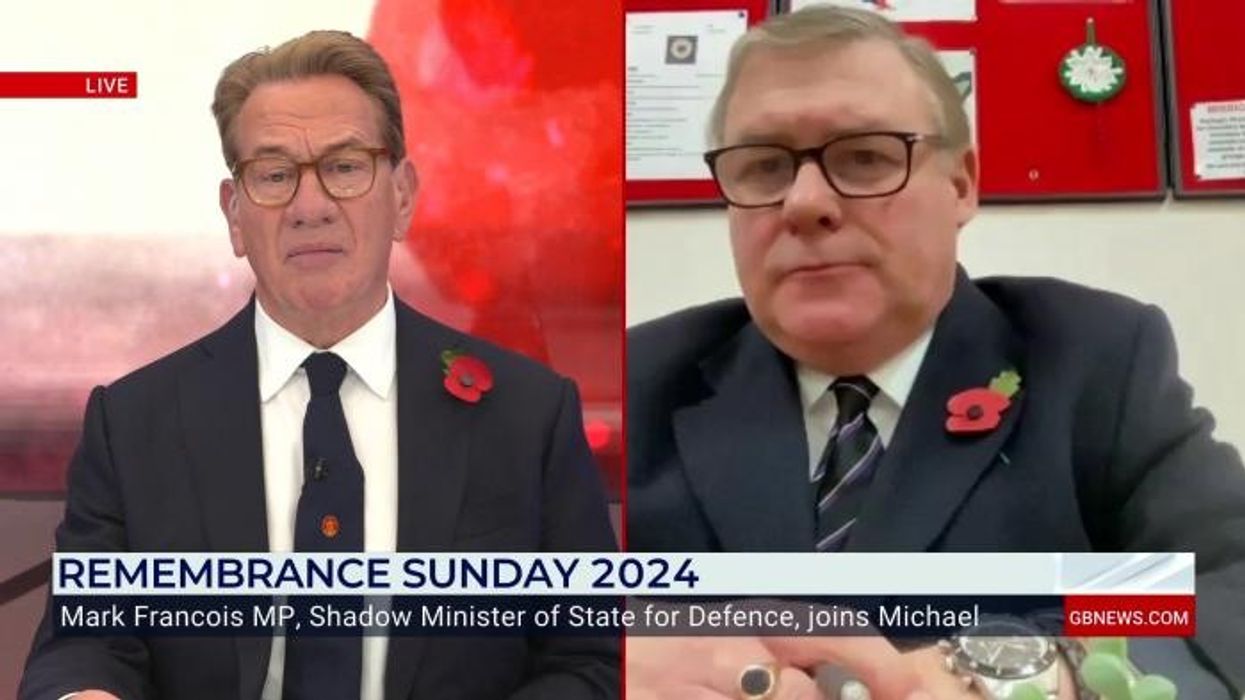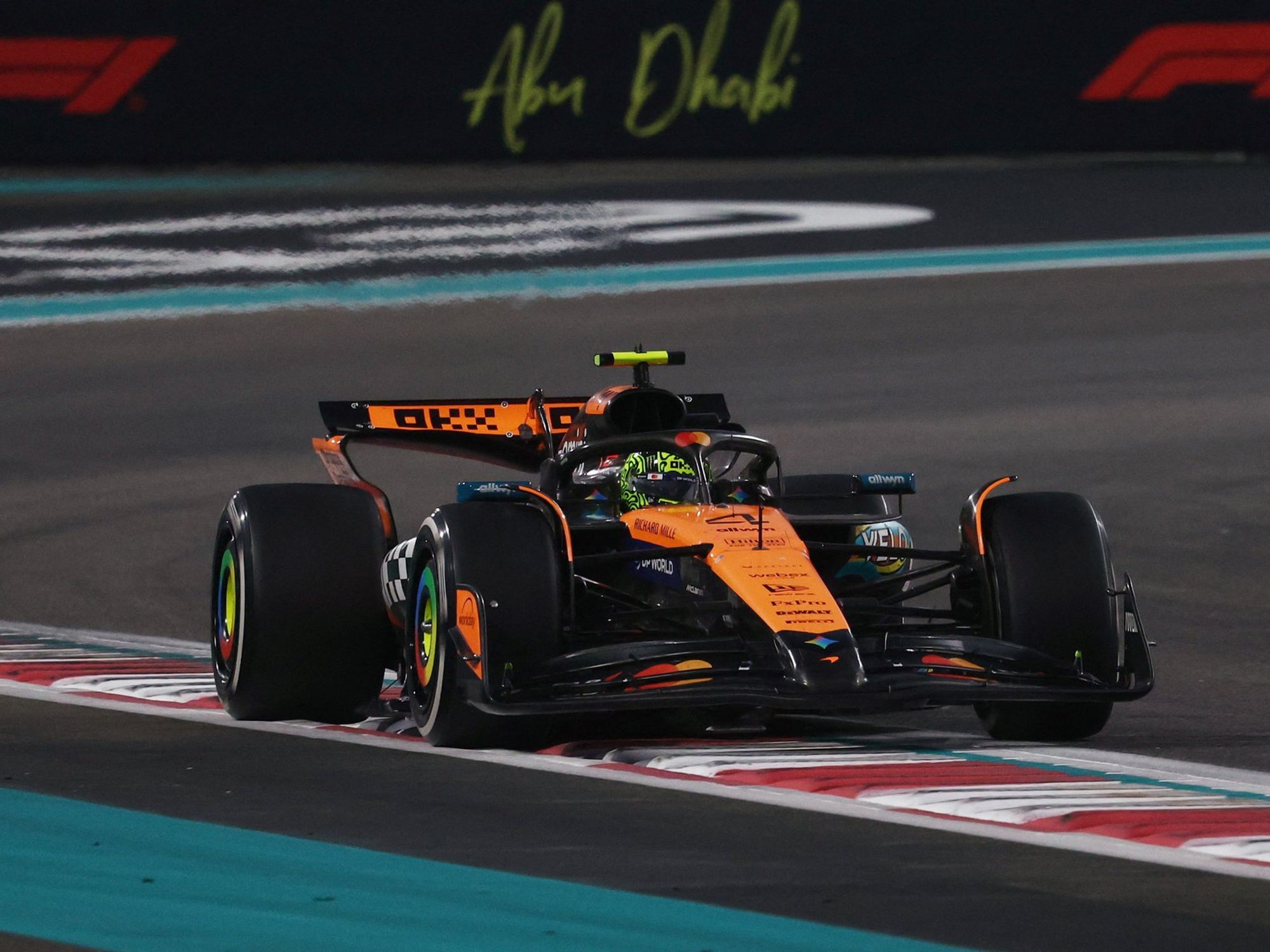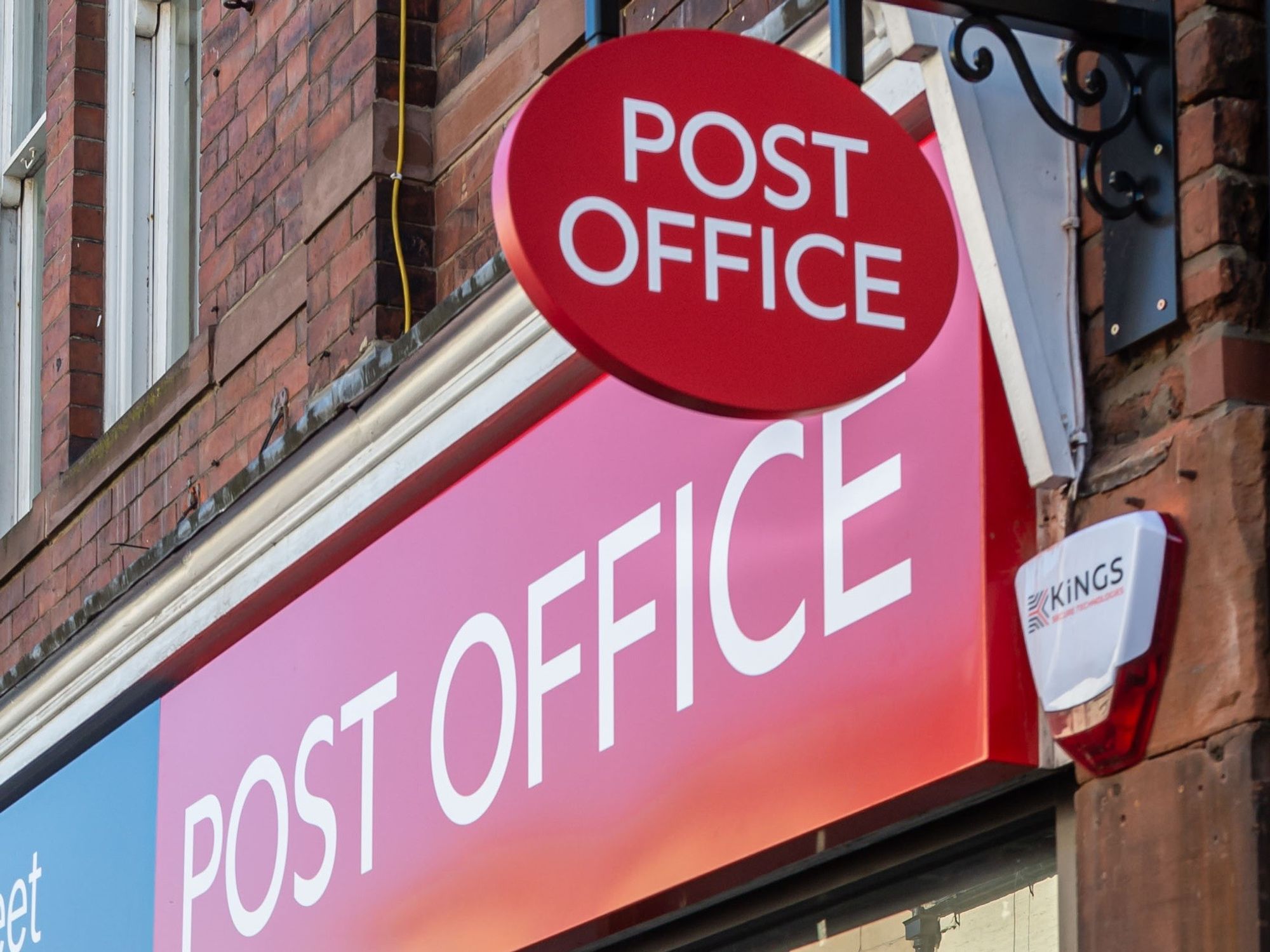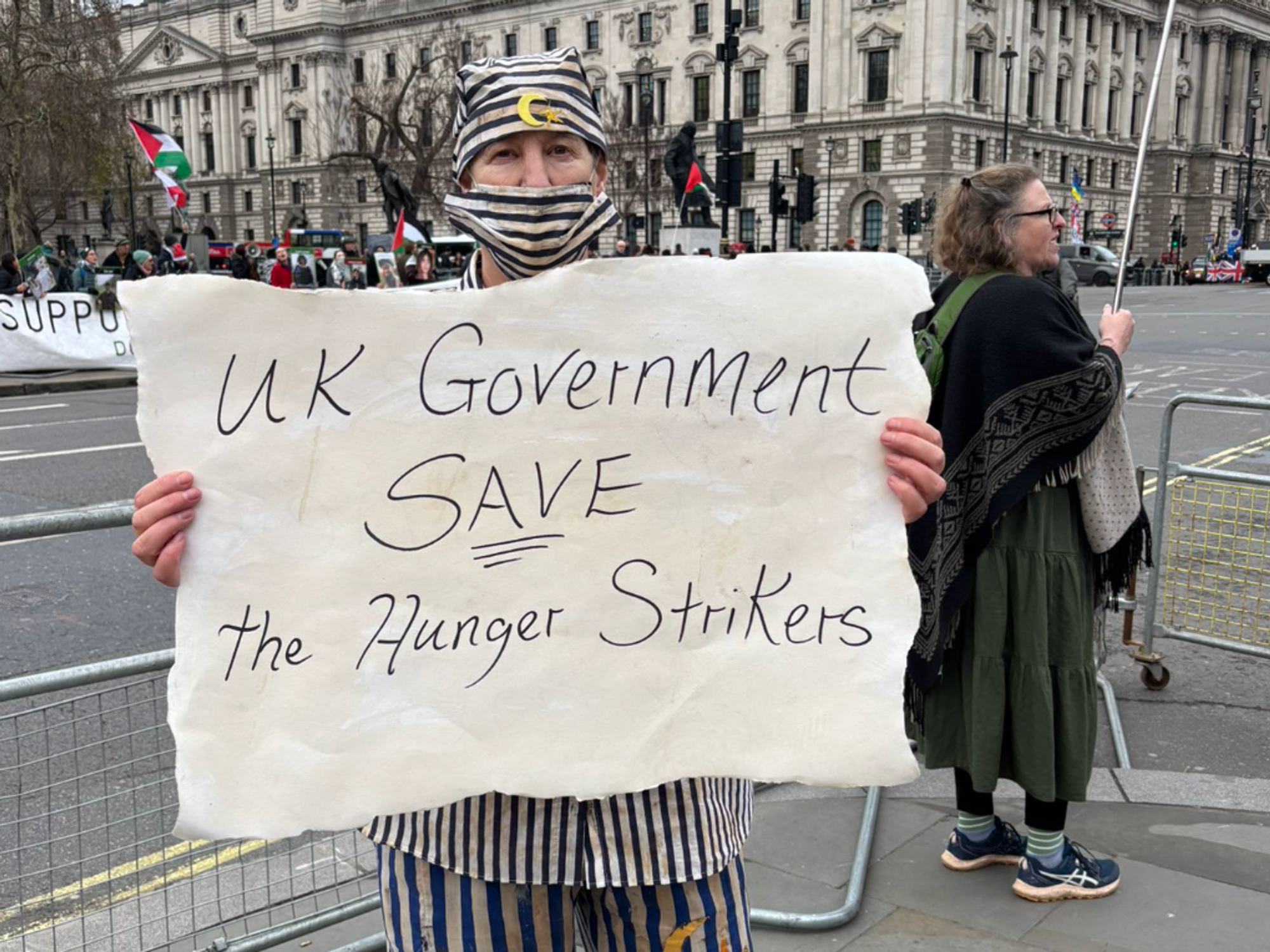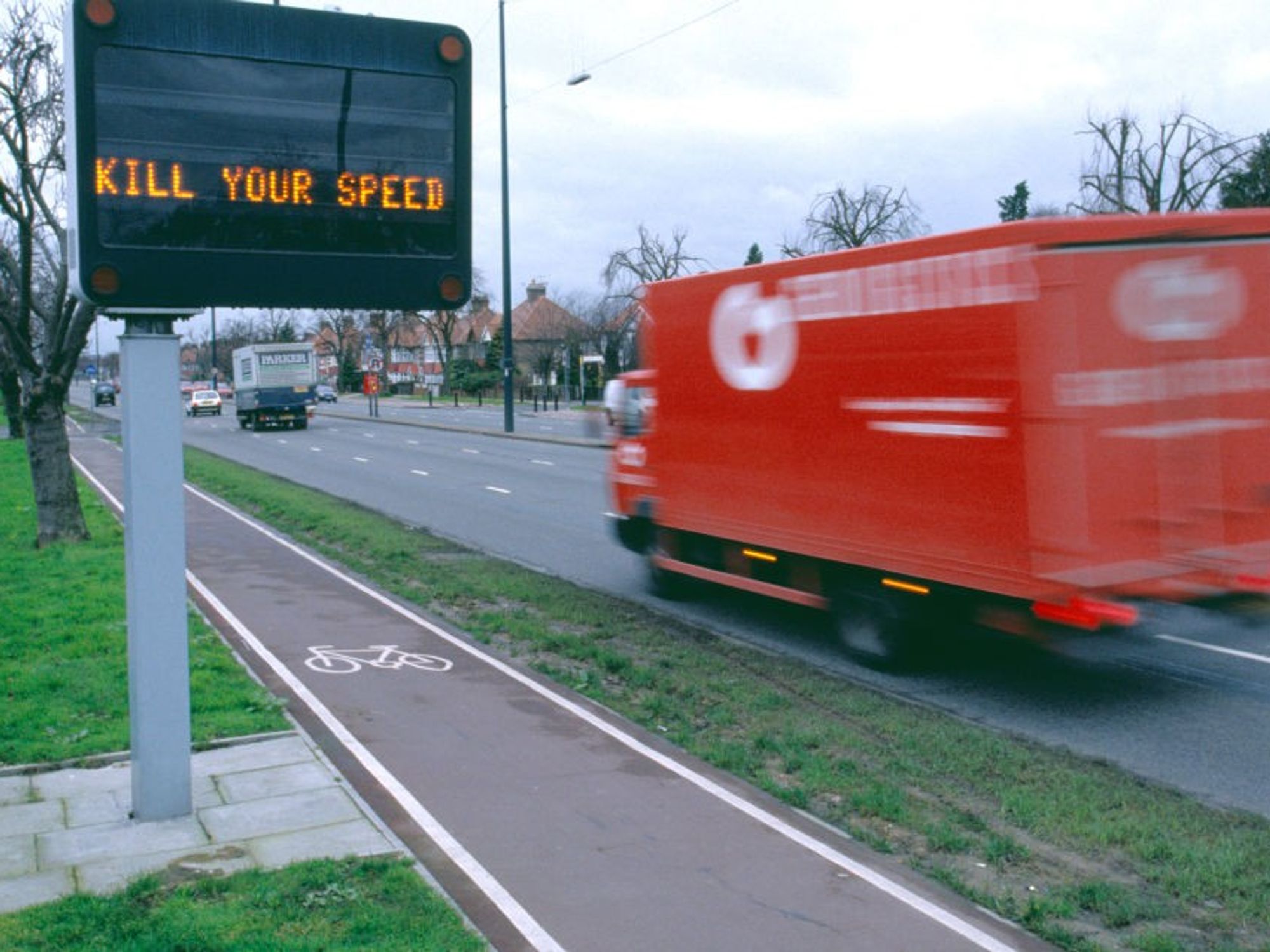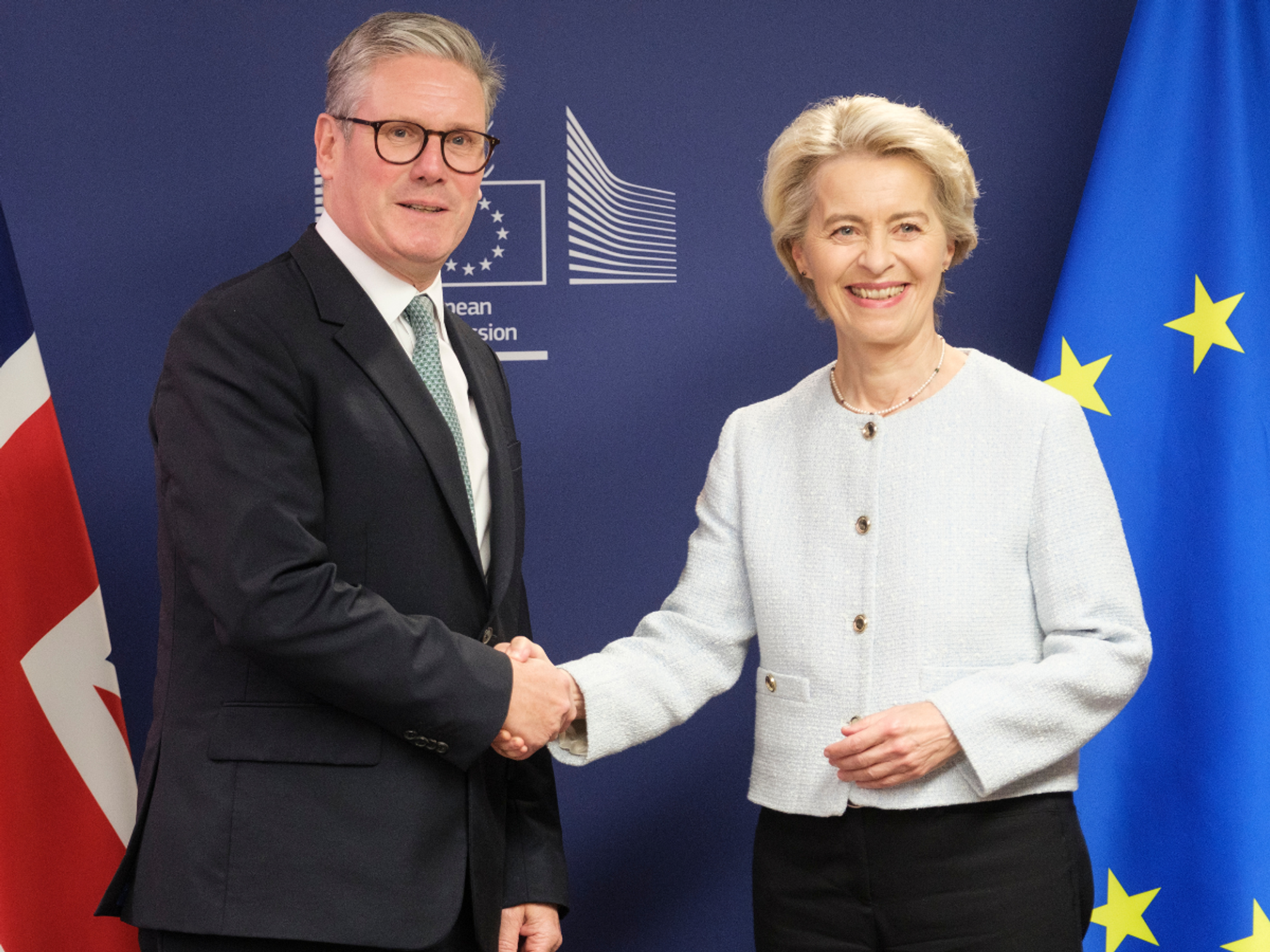Remembrance Sunday ‘hijacked’ by White Poppy campaigners calling for occasion to be ‘decolonised’

The Peace Pledge Union argues that current commemorations ignore colonial histories and experiences
Don't Miss
Most Read
Peace campaigners have "hijacked" Remembrance Sunday, calling for the occasion to be "decolonised," claiming current ceremonies gloss over Britain's colonial past.
The Peace Pledge Union (PPU), which distributes white poppies, has launched a campaign urging remembrance events to examine the human cost of colonial conflicts, including the Amritsar massacre in India and the Mau Mau uprising in Kenya.
"To remember the victims of colonial wars, we must actively challenge nationalist narratives that whitewash or glorify colonialism," the PPU said.
The group argues that current commemorations ignore colonial histories and experiences.
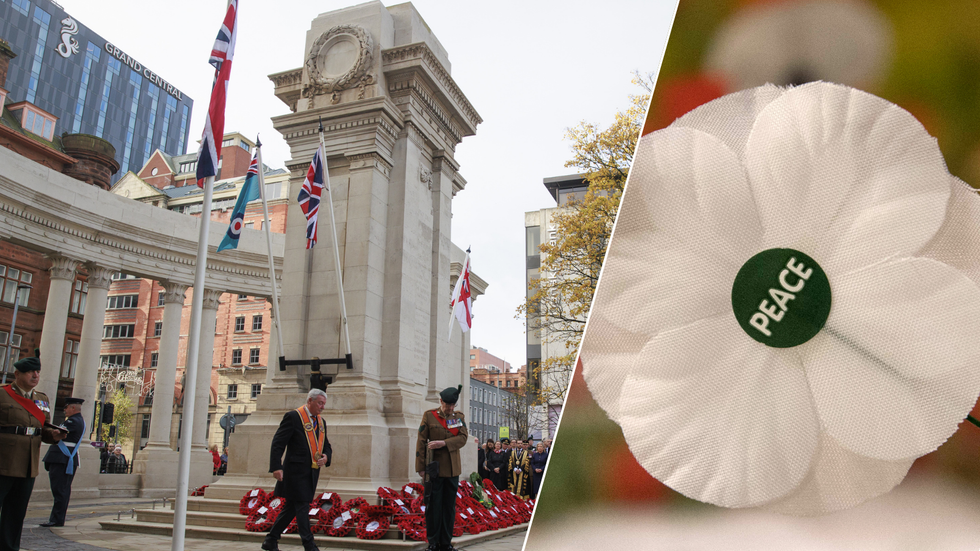
The group argues that current commemorations ignore colonial histories and experiences
|PA
The campaign launch came ahead of this year's remembrance events, including the Royal British Legion Festival of Remembrance at the Royal Albert Hall.
Former British Forces commander Colonel Richard Kemp strongly criticised the PPU's campaign, accusing them of trying to hijack Remembrance Sunday.
"If they have a genuine interest in commemorating or making a statement about people who died as a result of British colonisation - by all means, do it, but do it on a different day," he said.
Col Kemp noted that thousands from British colonies voluntarily served in both World Wars and are already commemorated alongside British personnel.
MORE LIKE THIS:
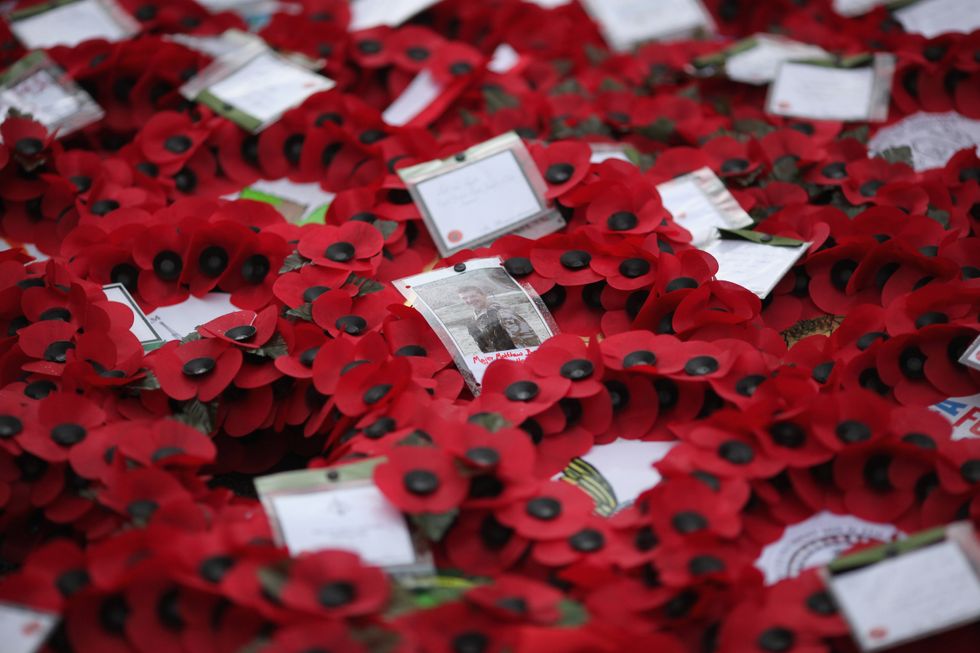 Wreaths lay at the foot of the Cenotaph after the Remembrance Day Sunday | GETTY
Wreaths lay at the foot of the Cenotaph after the Remembrance Day Sunday | GETTYHe also criticised white poppies, saying while people were free to wear them, the donations "goes to propagandising their political cause" rather than helping wounded servicemen like red poppy funds do.
London Poppy Day launched on Thursday with approximately 2,500 volunteers and Armed Forces personnel collecting donations across the capital's transport network.
The Royal British Legion distributes around 30 million poppies annually.
Last year's Poppy Appeal raised £49.2m for Armed Forces members in need.
The charity aims to raise £53.1m this year.
White poppies, worn since 1933, represent remembrance for all war victims, both civilian and military, of all nationalities.
Red poppies, in contrast, were specifically designed to commemorate and support British and allied Armed Forces personnel.
Shadow Defence Secretary James Cartlidge criticised the PPU's campaign, saying it would "completely undermine" Remembrance Day's message.
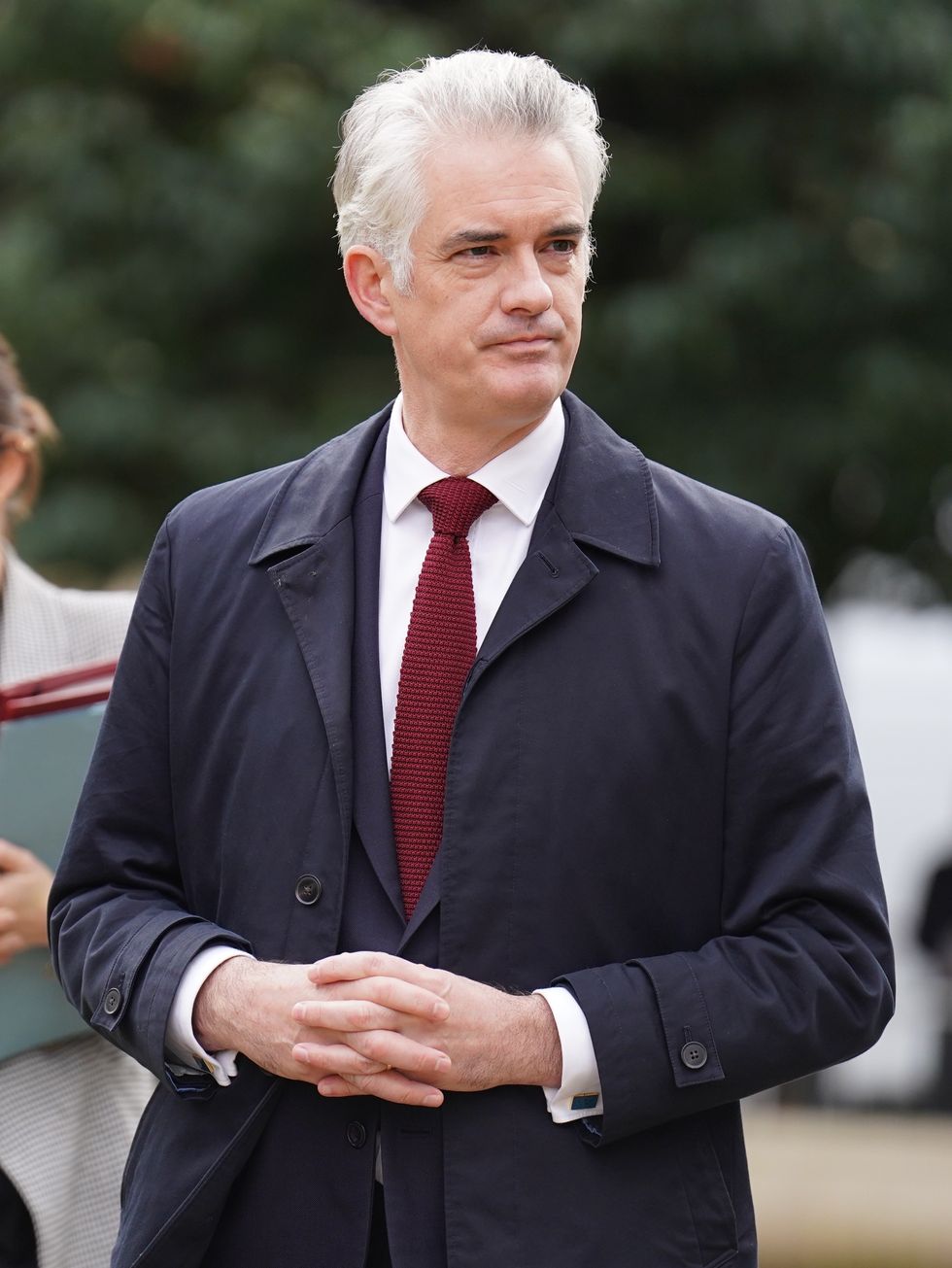
Shadow Defence Secretary James Cartlidge criticised the PPU's campaign
|PA
"The point about the festival of Remembrance is that it is to remember those who have paid the ultimate sacrifice in order to defend the freedom of our nation and all freedom-loving nations," he said.
Despite the controversy, some local authorities are embracing change. Haringey Council's Remembrance Sunday ceremony featured a white poppy wreath for the first time.
The north London borough joined several other locations including Sale Town Hall in South Manchester, Leicester and Aberystwyth in incorporating white poppies into official ceremonies.
PPU's Remembrance Project Manager Geoff Tibbs said it was "vital" to remember the impacts of colonial wars.
He said: “When we still see politicians openly celebrating the British Empire, it is vital that we remember the impacts that colonial wars and violence have had - and continue to have - around the globe.
“We need to make space for the victims of colonial wars on Remembrance Day. This involves listening to the voices of those affected by that history and the ongoing impacts of colonialism, both in the UK and elsewhere. It involves actively challenging the racist legacies of colonialism that continue to influence whose lives are valued and whose are not.”


